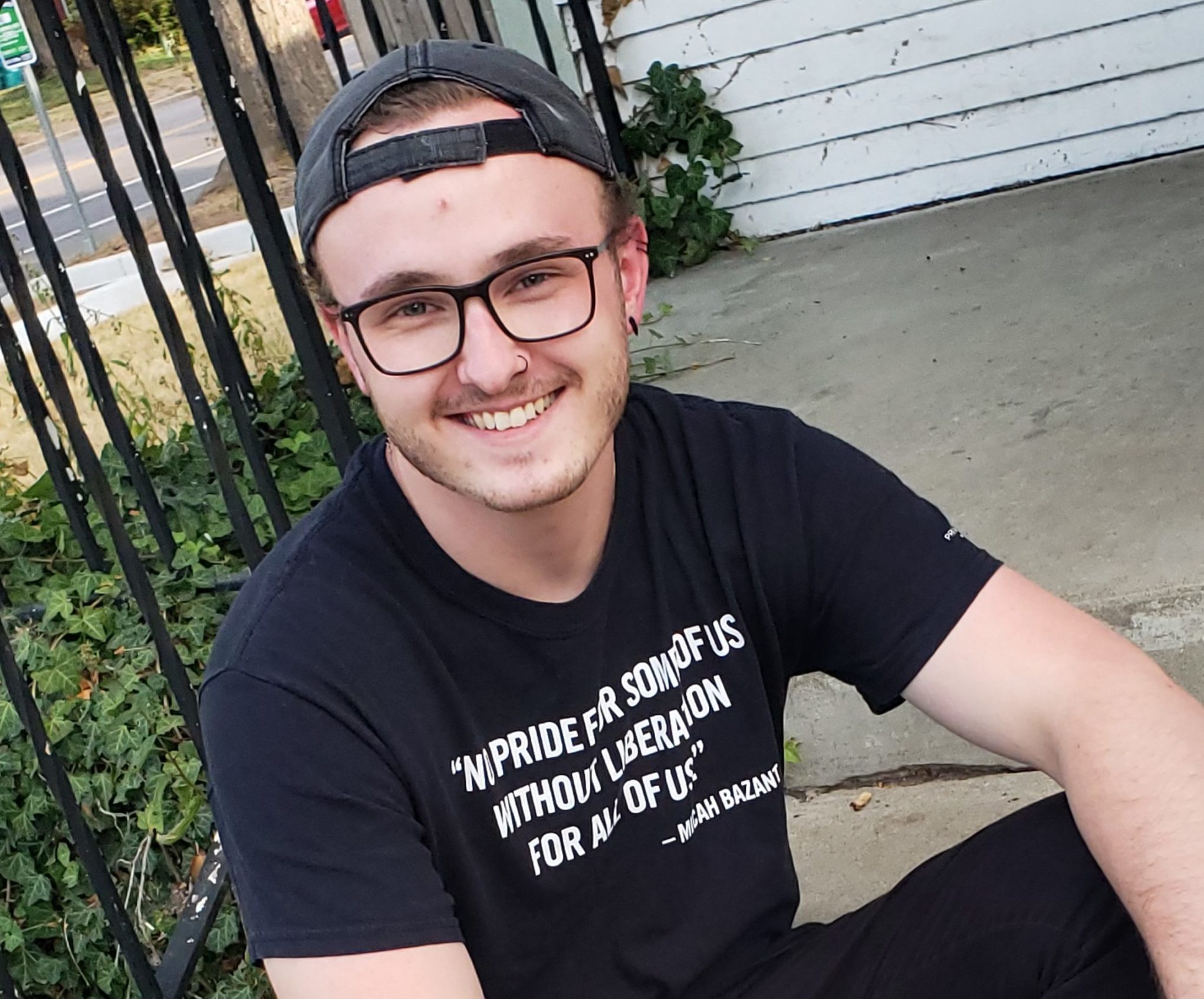
Colorado State University School of Social Work BSW student Riley Smith (they/them/theirs) is pursuing a double major in Social Work and Human Development and Family Studies in order to develop their career path around dismantling oppressive systems. This summer, Smith returned to Young People’s Learning Center for the sixth year in a row as a camp counselor. “I work with children aged 4 to 6 who are entering Kindergarten and first grade,” said Smith. “This age group is particularly vulnerable to the changing levels of safety throughout the COVID-19 pandemic. After a year of isolation and virtual engagement, it is our judgment that many of these children struggle with their social and emotional regulation skills.”
Read more below in our interview with Smith about their experiences applying skills and knowledge learned in the classroom, such as child development and cycles of socialization and oppression, in a real-world setting.
Why did you choose social work as a major?
In my second semester at CSU, I went on an Alternative Spring Break (a set of service-learning trips organized by students in partnership with CSU’s SLiCE office) to Los Angeles, where my peers and I volunteered with numerous organizations focused on serving folx experiencing homelessness. This ignited my passion for social justice. Upon my return to Colorado, I decided to dedicate my studies and career to dismantling oppressive systems. I thought the social work program was the best path forward, so I declared a double major in Social Work and Human Development and Family Studies.
What are you doing this summer?
I am working as a summer camp counselor at Young People’s Learning Center, a daycare services provider for any and all children and youth in the Northern Colorado area. We’re a mobile camp based in Fort Collins, and we transport the children in our programs all around Northern Colorado for a diverse range of activities and experiences. I have fulfilled this role for the past six years. I work with children aged 4 to 6 who are entering Kindergarten and first grade. This age group is particularly vulnerable to the changing levels of safety throughout the COVID-19 pandemic. After a year of isolation and virtual engagement, it is our judgment that many of these children struggle with their social and emotional regulation skills.
Is there anything in your degree program helping you with this challenge?
First and foremost, my understanding of childhood development has been particularly applicable and has assisted my observation and interaction with these children. This is what allowed me to see that the pandemic has likely impacted their ability to regulate their emotions within social situations. From my social work background, acknowledging and respecting these children’s right to self-determination has been vital. Children want to be heard and respected like any adult, so my active listening skills have been helpful when communicating with the kids. My top priority this summer has been to not feed into any suspected cycle of learned helplessness within the children. I have been giving them choices, respecting their boundaries, and empowering them to use their words to solve conflicts.
How is social work advocacy applied in your work?
Young People’s Learning Center is open to any and all children and youth in Northern Colorado, including those with various disabilities, religions, genders, sexualities, classes, races, ethnicities, family backgrounds, etc. One of our core values is families’ right to quality education and daycare, and therefore we open our doors to everyone seeking services. We are dedicated to establishing lasting relationships and working closely with families to provide the highest quality of care that is inclusive and welcoming of all backgrounds, abilities, and socioeconomic statuses. For example, we are a registered daycare with the Colorado Child Care Assistance Program (CCCAP), meaning eligible families can attend at a reduced cost, and multiple staff members are educated and trained on the intricacies of CCCAP in order to regularly assist families completing requirements.